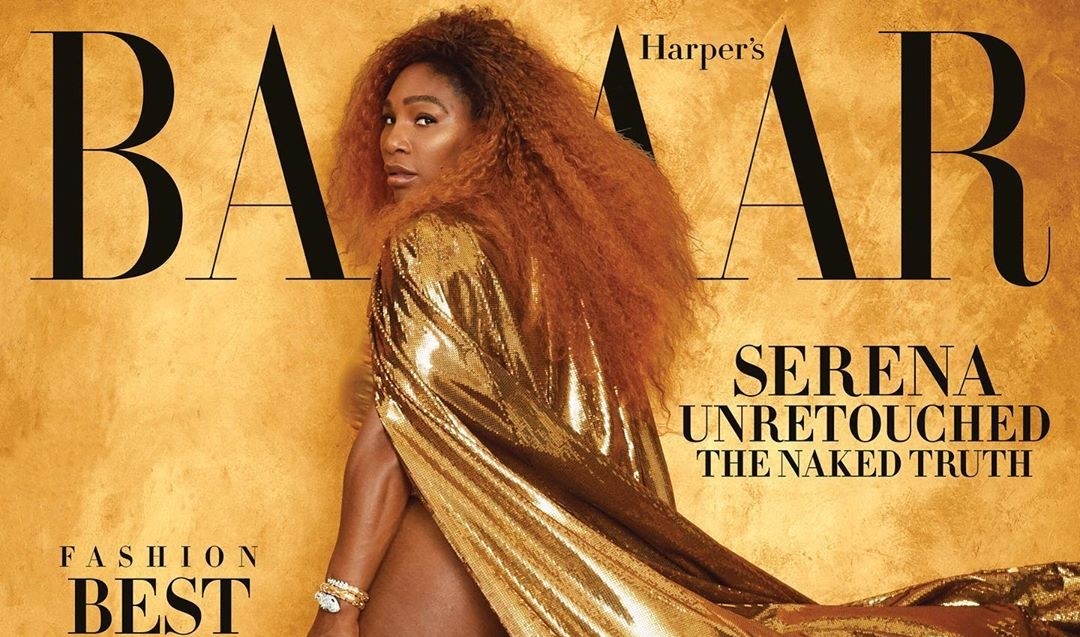Tennis icon, Serena Williams is on the cover of Harper’s Bazaar magazine, August edition, cloaked in various golden dresses and presented to the world
Tennis icon, Serena Williams is on the cover of Harper’s Bazaar magazine, August edition, cloaked in various golden dresses and presented to the world, raw unretouched and unvarnished. Serena who is herself a trend setter is opening up about being body shamed in the past. A 23-time Grand Slam winner, Serena has sometimes derisively been compared to that of an animal. She related how controversies over her body shape have played into how she’s been treated in the world of tennis.
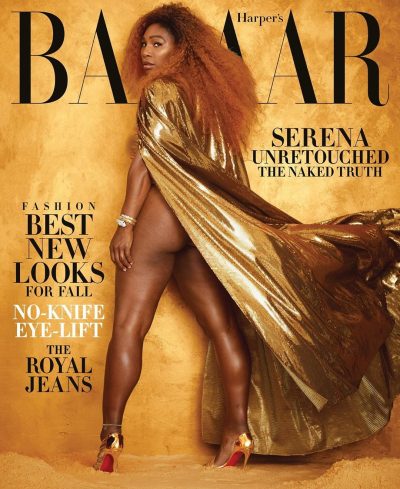
“As a teenager, I was booed by an entire stadium (I took the high road and even thanked those who didn’t want to see me win). I’ve been called every name in the book. I’ve been shamed because of my body shape. I’ve been paid unequally because of my sex. I’ve been penalized a game in the final of a major because I expressed my opinion or grunted too loudly. And these are only the things that are seen by the public. In short, it’s never been easy. But then I think of the next girl who is going to come along who looks like me, and I hope, ‘Maybe, just maybe, my voice will help her.”
The tennis superstar revisited the controversy at the finals of the 2018 U.S. Open, where she got into a heated and widely publicized dispute with an umpire. Williams was handed code violations that she felt was unfair, and then hit with a game penalty for verbal abuse after she confronted the male umpire. She felt sexism played a huge role in the confrontation.
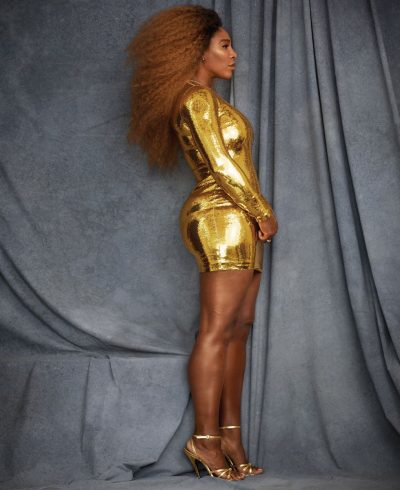
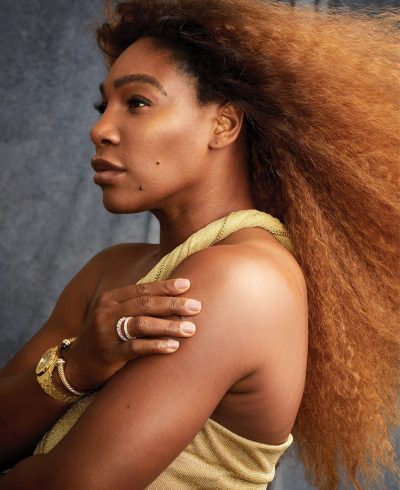
“Why can’t I express my frustrations like everyone else? If I were a man, would I be in this situation? What makes me so different? Is it because I’m a woman? Why is it that when women get passionate, they’re labeled emotional, crazy, and irrational, but when men do they’re seen as passionate and strong?”
Williams said male tennis players who argue with referees are met with a smile or even a laugh from the umpire, like it’s an inside joke or something. She’s not asking to avoid being penalized in those situations, she said, but simply wants to be treated like everyone else.
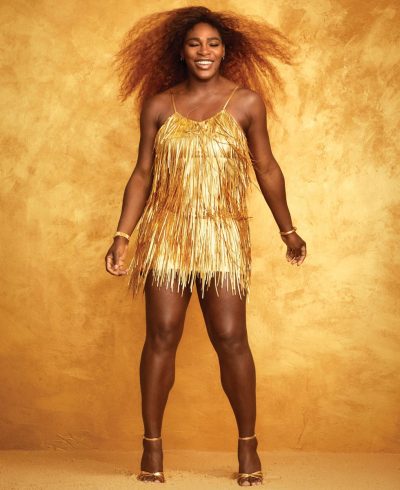
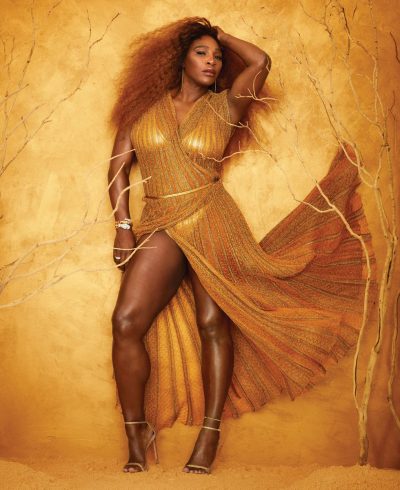
She’s also had to endure a dress code controversy. In May 2018 Williams, in her first major tennis match after giving birth to her daughter, wore a black catsuit at the French Open. The striking, form-fitting Nike outfit helped her blood circulation after a difficult childbirth and was inspired by the movie “Black Panther,” Williams said at the time. It was praised by fans but criticized by tennis officials. The French Tennis Federation’s president later introduced a new dress code which banned such form-fitting clothes at the tennis tournament.
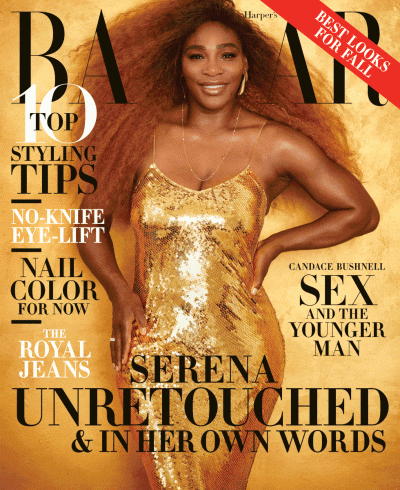
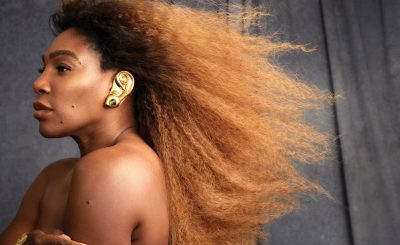
Read her full interview here
